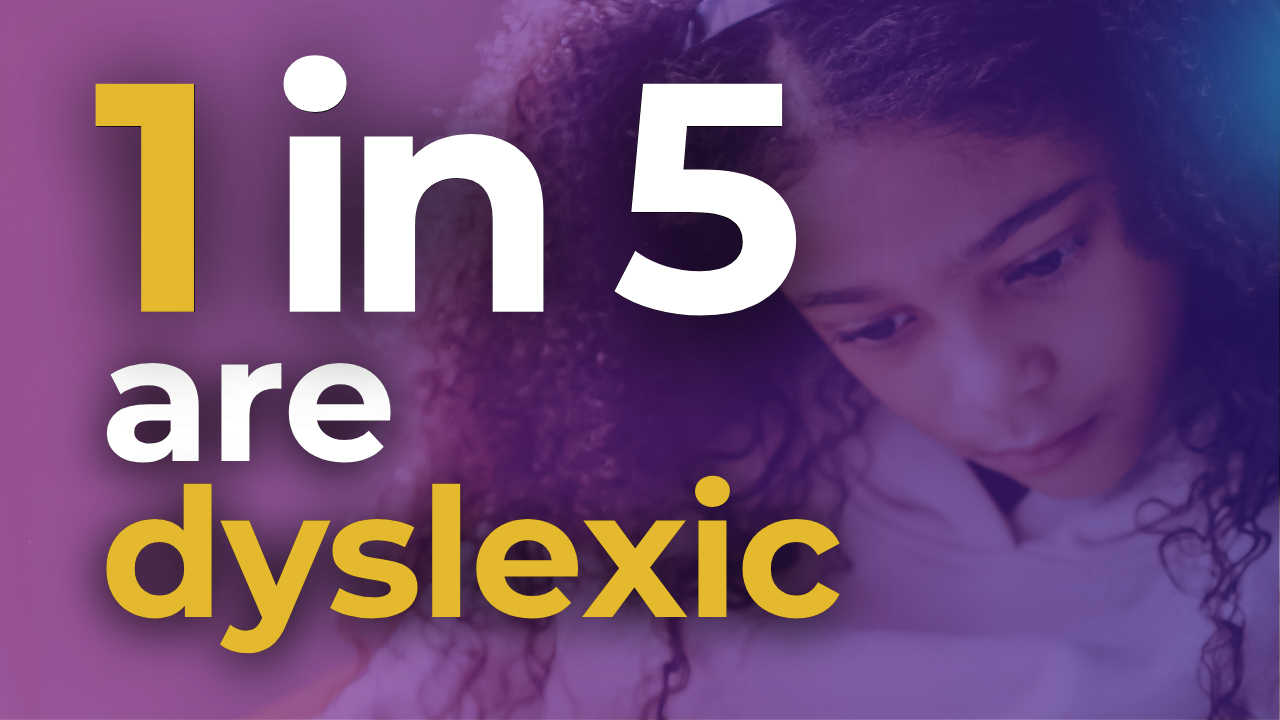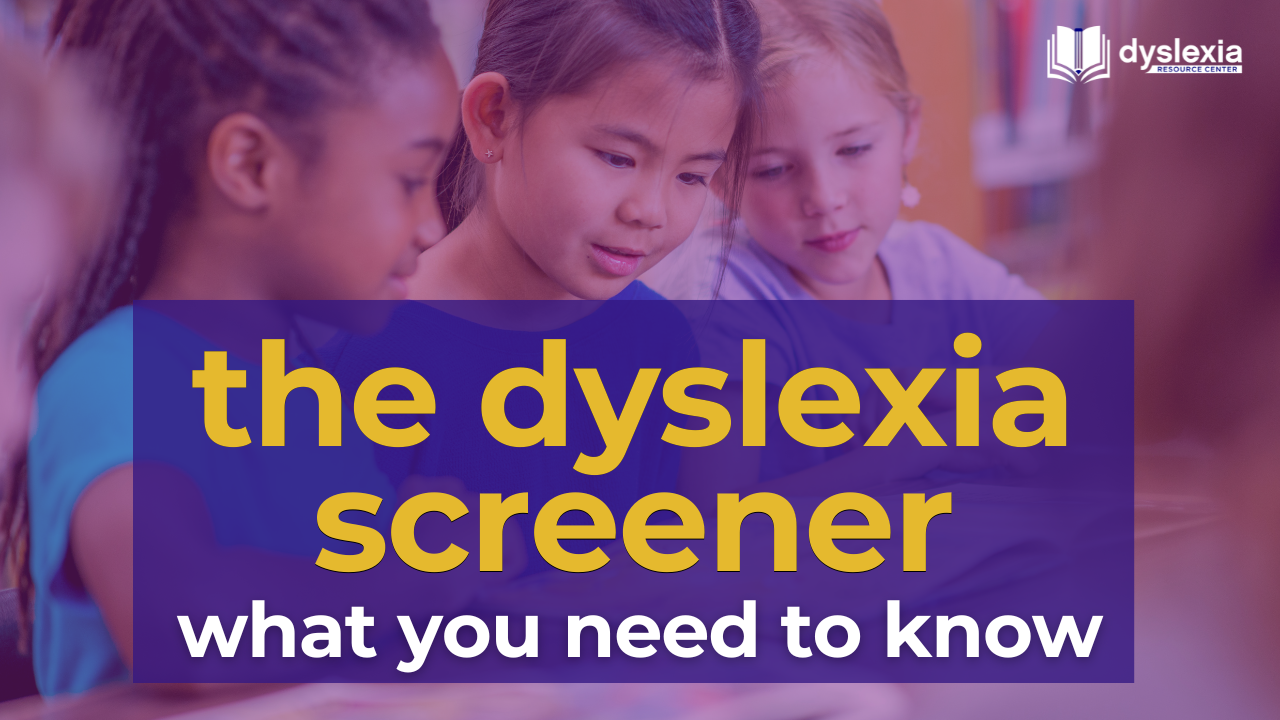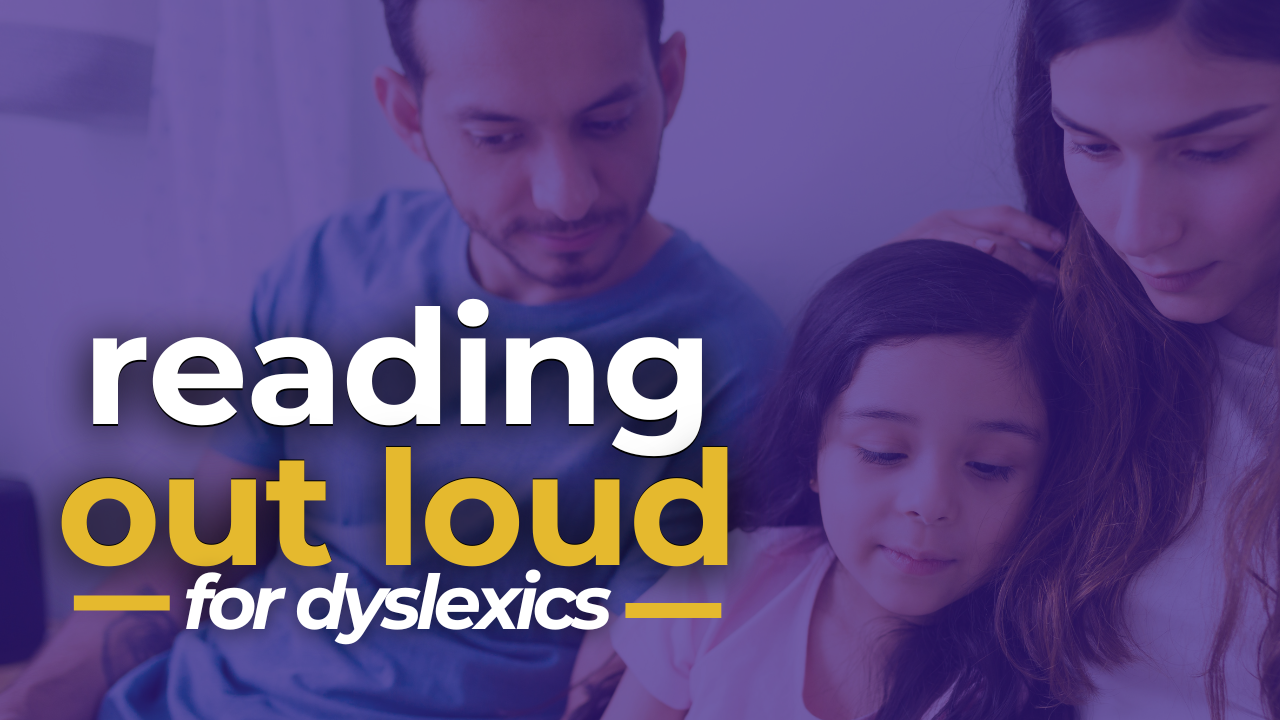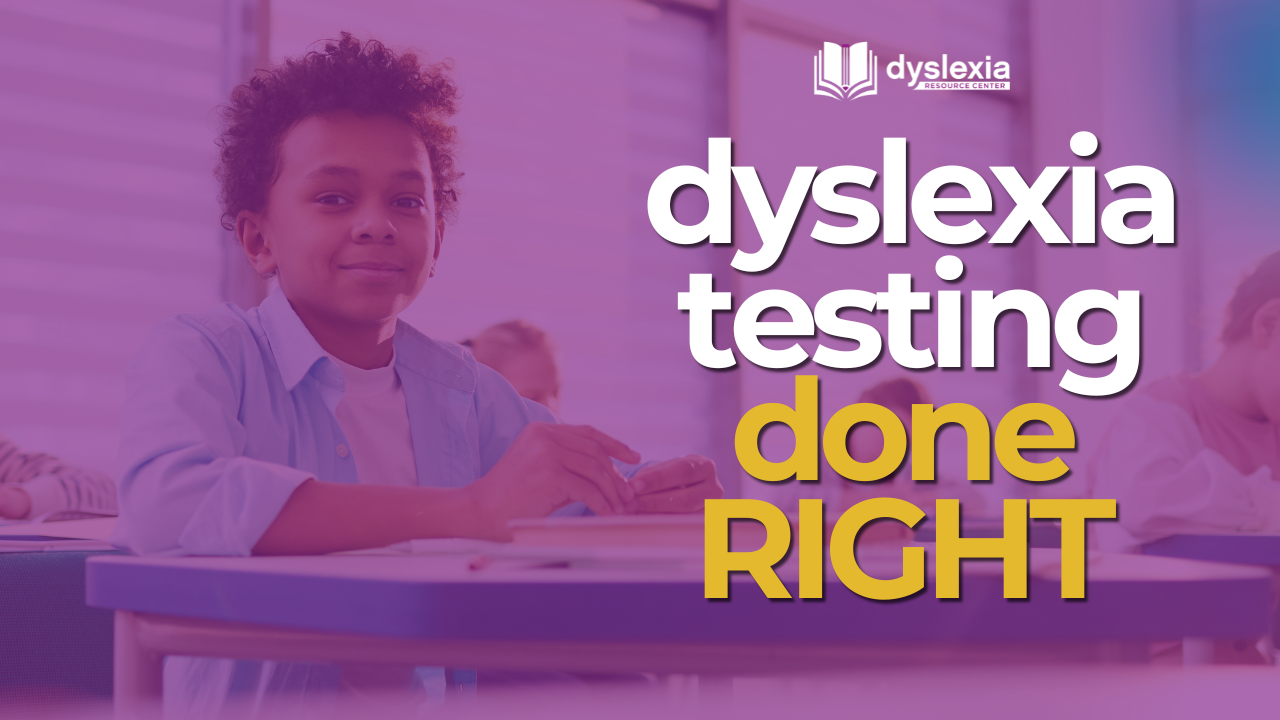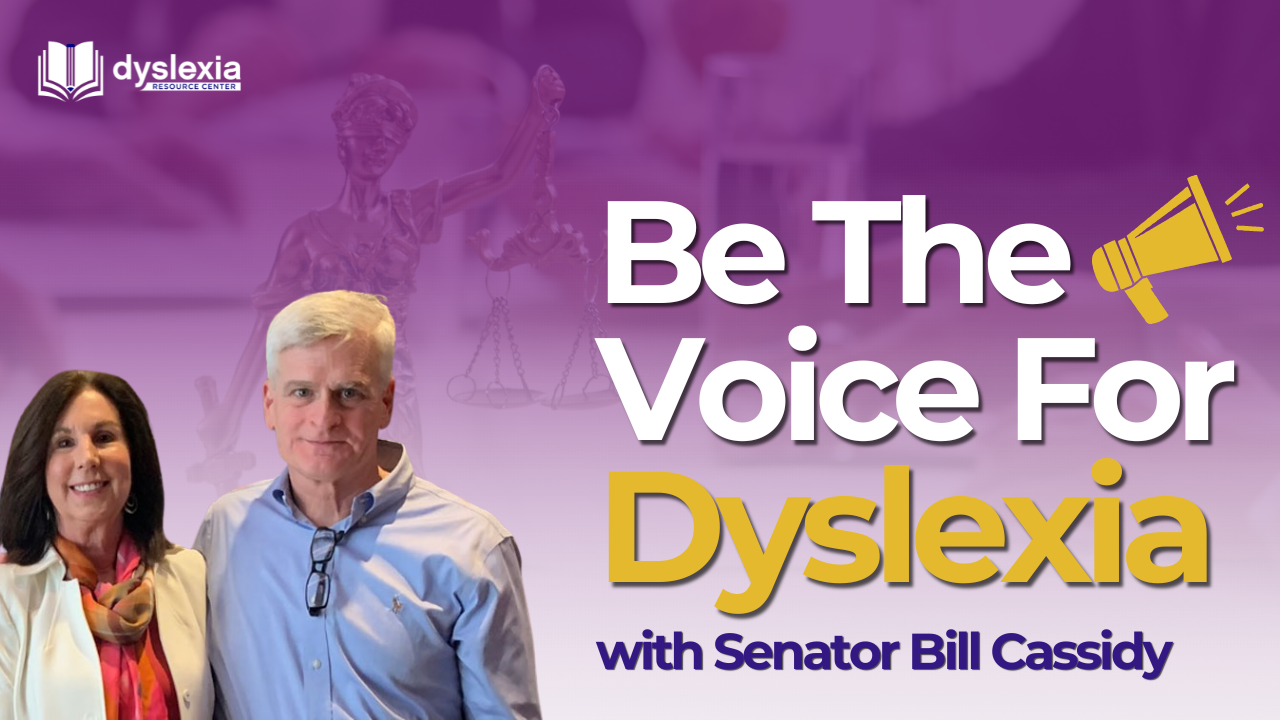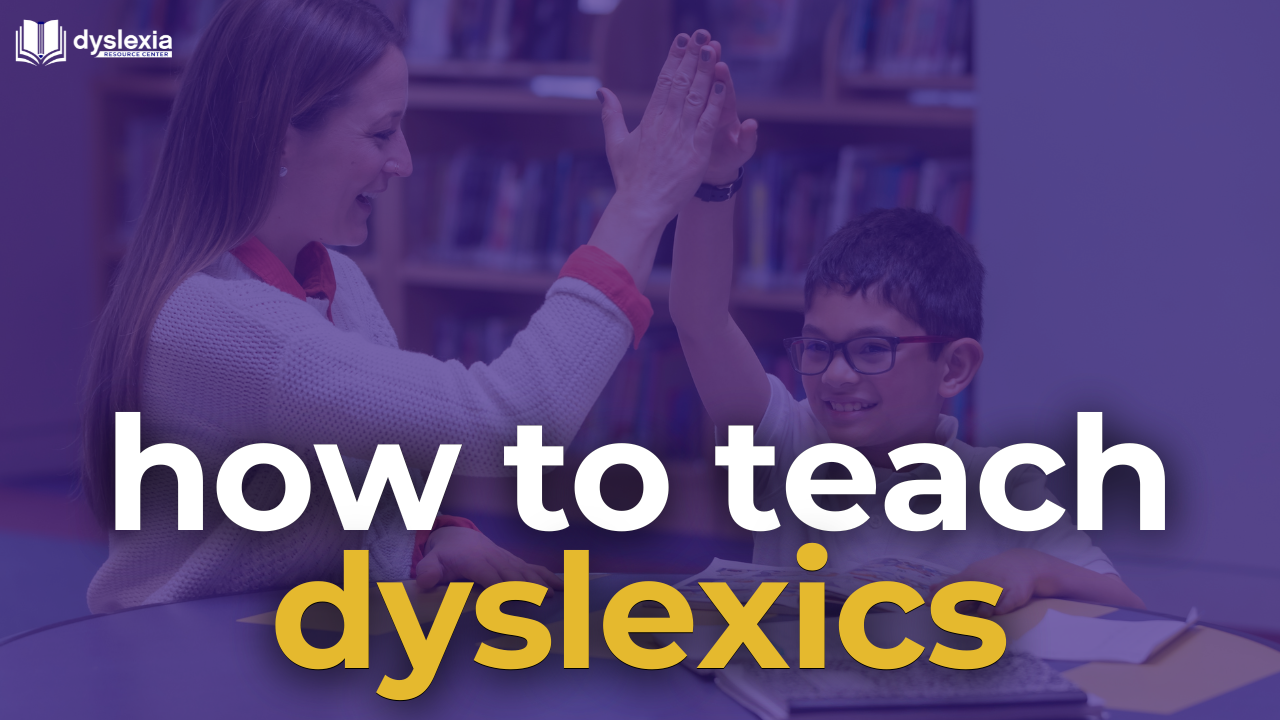Raising Awareness On The Truth About Dyslexia
Unlocking the Power of Dyslexic Minds: A Comprehensive Guide
In the realm of education, dyslexia stands as a formidable challenge for many students. Defined by the U.S. Federal law, the First Step Act, dyslexia is described as an "unexpected difficulty in reading for individuals who possess the intelligence to be much better readers." This difficulty often stems from a struggle with phonological processing, the ability to discern individual sounds within spoken language, which consequently affects one's capacity to speak, read, and spell.
The Paradox of Dyslexia
The paradox of dyslexia lies in its unexpected nature. Contrary to common misconceptions, individuals with dyslexia are often bright and intellectually capable. However, they may face hurdles in breaking down spoken words into smaller units known as phonemes. As a result, they encounter challenges in both spoken and written language. Reading becomes a difficult task, requiring significant effort to decode and recognize words. Despite these challenges, dyslexia does not diminish one's reasoning abilities, creativity, or problem-solving skills.

Reading Aloud: A Valuable Strategy
Reading aloud emerges as a valuable strategy in supporting individuals with dyslexia. It provides opportunities for gentle correction and exposure to new vocabulary. Instead of repeatedly reading simplistic texts, dyslexic individuals benefit from engaging with authentic literature to expand their vocabulary and introduce complex ideas.
While dyslexic individuals may read silently, they may struggle with accuracy, which can be mistaken for a comprehension issue. In reality, their comprehension skills are often intact, underscoring the importance of differentiated instruction tailored to their needs.
Check out our blog post
“Read Out Loud” for a deeper dive into this topic.

Decoding Instruction: Striking a Balance
Explicit and systematic decoding instruction plays a pivotal role in addressing the challenges posed by dyslexia. However, striking a balance between decoding instruction and other activities is essential. Excessive focus on perfecting reading, spelling, and handwriting may detract from the benefits of reading aloud. Therefore, dyslexic individuals should engage in daily sessions of reading authentic literature aloud, preferably in small groups or one-on-one settings. These sessions should foster active participation in oral language through meaningful discussions and interactions.

Word Retrieval and Communication Skills
Dyslexia can also manifest as difficulties in word retrieval, especially in anxiety-inducing situations. Providing adequate time for responses and encouraging participation in discussions can alleviate this pressure and promote confidence in communication skills.

Celebrating Unique Strengths
It is imperative to recognize and celebrate the unique strengths of dyslexic individuals. Whether in the realms of arts, sports, or drama, dyslexic individuals often exhibit remarkable talents and abilities. Affirming their intelligence and reminding them that learning should be enjoyable can bolster their resilience in the face of challenges. While school may present obstacles, dyslexic individuals possess a keen ability to grasp the bigger picture and excel in various domains.
Access to Accommodations
Access to accommodations is crucial in supporting dyslexic individuals on their academic journey. These accommodations may include a quiet testing environment, extended time for tests, and access to assistive technology such as text-to-speech software. Offering reassurance during moments of difficulty can foster a supportive and inclusive learning environment.
Our team of dedicated educators and professionals are always available to provide guidance and support, whether you're a parent, teacher, or simply interested in learning more about dyslexia. We believe that by working together, we can create a brighter future for dyslexic students and equip them with the tools they need to succeed.
